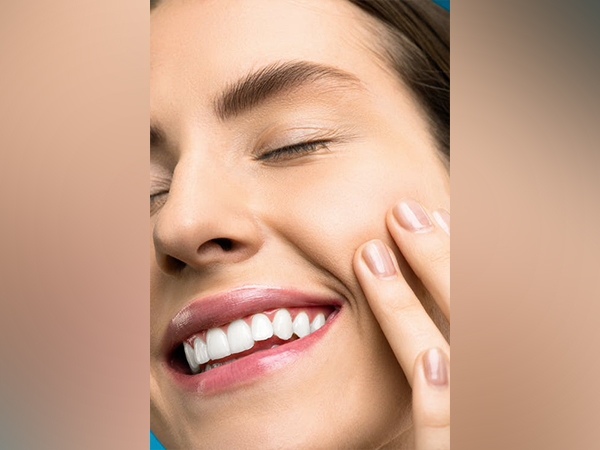

People notice your smile when they first meet you. People desire healthy, bright white teeth to feel more secure when flashing wide-mouthed, eye-crinkling smiles.
However, whitening procedures can damage enamel, causing cavities and discolouration, and toothpaste only removes superficial stains. Researchers have discovered a new hydrogel therapy that whitens teeth without harming them and disintegrates cavity-forming biofilms.
The findings of the research were published in the journal ACS Applied Materials & Interfaces.
Daily toothbrushing and flossing are good ways to prevent cavities from forming, according to the American Dental Association. However, these methods don’t effectively whiten teeth. For better whitening, consumers often turn to over-the-counter or professional treatments that combine hydrogen peroxide-containing gels and blue light, producing a chemical reaction that removes stains.
This combination removes most of the discoloration, but generates reactive oxygen species that can break down enamel. Previously, Xiaolei Wang, Lan Liao and colleagues modified titanium dioxide nanoparticles for a less destructive tooth-whitening treatment. This method still required high-intensity blue light, which can damage nearby skin and eyes. So, the team wanted to find a material that would be activated by green light — a safer alternative — to both whiten teeth and prevent cavities.
The researchers combined bismuth oxychloride nanoparticles, copper oxide nanoparticles and sodium alginate into a thick mixture. Then, they evenly coated the mixture onto the surface of teeth stuck to a slide and sprayed the concoction with a calcium chloride solution, forming a strongly adhering hydrogel.
Next, the team tested the material on teeth that were stained with coffee, tea, blueberry juice and soy sauce and placed in a lab dish. Following treatment with the hydrogel and green light, the teeth got brighter over time, and there was no damage to the enamel. In another set of experiments, the team showed that the treatment killed 94 per cent of bacteria in biofilms.
To demonstrate that the treatment could work on teeth in vivo, the team used the new method on mice whose mouths were inoculated with cavity-forming bacteria. The green-light activated hydrogel effectively prevented moderate and deep cavities from forming on the surface of the animals’ teeth. The researchers say their safe, brush-free treatment both effectively prevents cavities and whitens teeth.